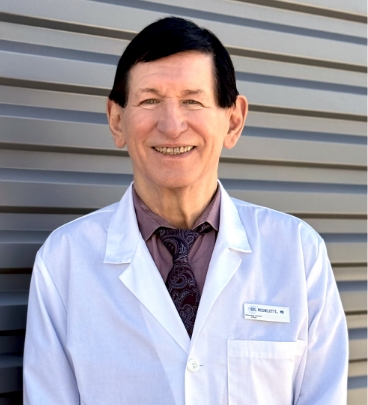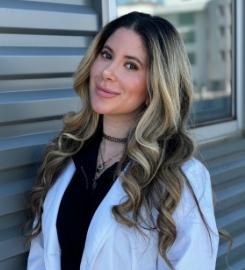Radiant, healthy skin isn’t just about looking good – it’s about feeling your best. At Houston Skin, we’re dedicated to helping you achieve both. Our board-certified dermatologists offer comprehensive services to safeguard your skin’s health, enhance its natural beauty, and boost your confidence.
From preventive care to address potential skin cancer risks to cutting-edge treatments for common cosmetic concerns, we’re your partners in achieving and maintaining optimal skin health. We’re proud to be a trusted resource for the Webster community, providing compassionate care and personalized solutions for all your dermatological needs.
What Is Dermatology?
The field of dermatology is all about preserving your skin, from your scalp down to your toes. While dermatology can play a significant role in promoting a youthful and confident appearance, it also plays a vital role in preventing skin cancer. Regular skin exams from a medical dermatologist can help you detect early warning signs, seek life-saving treatment when needed, and develop a personalized plan to protect your skin from the sun and other harsh elements.
Meet The Team
Our Houston team of Board-Certified Dermatologists and licensed skin care providers brings a wealth of experience and a passion for healthy skin. With extensive clinical experience and the highest levels of training, our doctors are committed to delivering exceptional care and achieving optimal results for every patient. We prioritize your comfort and safety, promoting a positive and reassuring experience throughout your journey to vibrant skin. We’re honored to be your trusted provider of quality medical dermatology care and your partners in achieving and maintaining your skin’s health.
Acne Treatment
Acne breakouts can do more than just affect your complexion; they can chip away at your self-confidence. When not properly treated, acne outbreaks can persist, resulting in lasting scars. Our dermatology practice provides a range of personalized treatment options to help eliminate current and future outbreaks, including oral, topical, and injectable medications.
Dermal Fillers
As we get older, our skin loses some of its natural elasticity. This can result in lost volume and new wrinkles, fine lines, creases, and facial folds. Dermal fillers offer a non-surgical solution that replenishes lost volume, subtly lifting and smoothing your skin for a refreshed, rejuvenated appearance.
Melanoma
While melanoma may not be the most frequent skin cancer, it’s undoubtedly the most dangerous. We offer advanced treatment options to remove cancerous tissue and protect your well-being. From precise excisions to innovative phototherapy, we tailor your treatment plan to your specific needs. Learn more about melanoma care from a board-certified dermatologist in Webster, TX.
Skin Cancer Treatment
Our team of board-certified dermatologists has a proven track record in handling all forms of skin cancer, prioritizing patient comfort, safety, and long-term outcomes. Our personalized treatment options include excision, cryotherapy, phototherapy, and Mohs micrographic surgery, tailored to your specific needs and ensuring the best possible care for your skin’s health and well-being.
Mohs Surgery
Our team specializes in Mohs surgery, a technique that allows us to remove cancerous tissue layer by layer, while meticulously preserving the surrounding healthy skin. This approach is particularly beneficial for treating skin cancer in delicate areas like the face and hands, where minimizing scarring and preserving function is crucial. With Mohs surgery, we’ll remove all cancerous cells while achieving the most aesthetically pleasing outcome possible.
Feel Good About Your Skin
Ready to unlock your skin’s full potential? Schedule a consultation at our Webster, TX location today. Our Board-Certified Dermatologists and licensed skin care providers will provide a personalized assessment and recommend the ideal treatments to help you achieve and maintain healthy, vibrant skin. Call now or schedule a consultation online to take the first step towards a more confident, radiant you.






